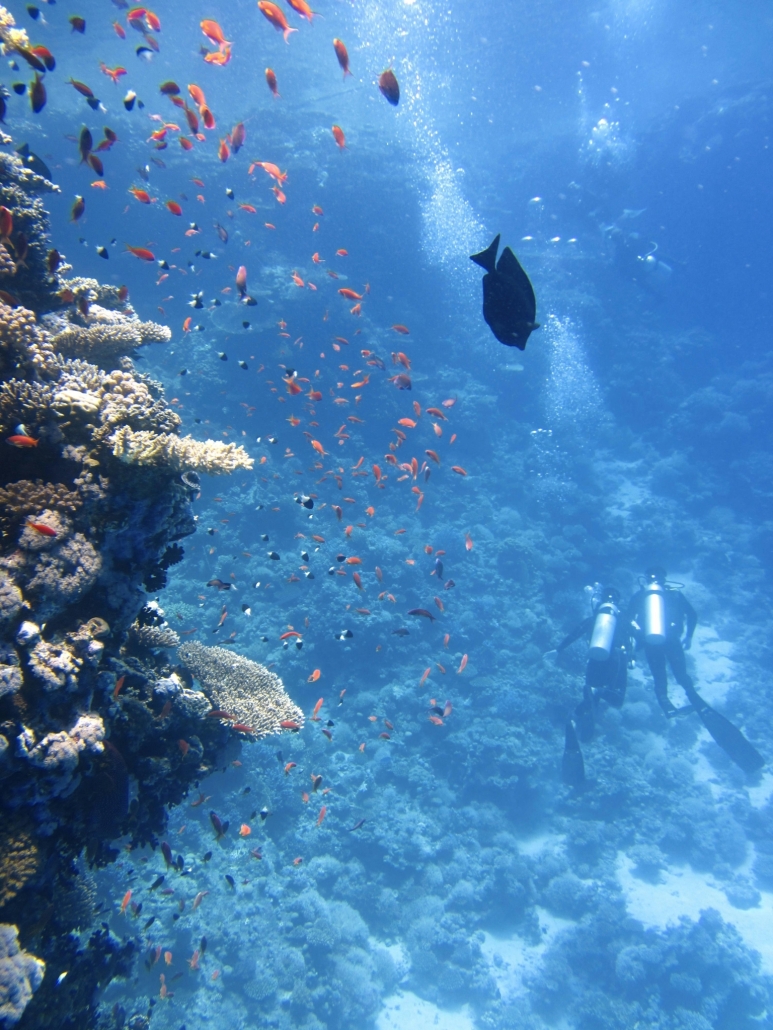Can Music Save Coral Reefs? New Method Brings Hope
Researchers have discovered that sounds from healthy coral reefs can attract new life to damaged reefs. This innovative method could become part of the solution to the climate crisis’s impact on marine ecosystems.
Coral reefs are among the planet’s most threatened ecosystems. Overfishing, climate change, and pollution have halved global coral coverage since the 1950s. This has also caused reef biodiversity to drop by more than 60%. Now, researchers have found an unexpected way to bring these ecosystems back to life.
Music as Part of the Solution
A research team used underwater speakers to play sounds from healthy coral reefs near damaged areas off the U.S. Virgin Islands. The results are remarkable. Coral larvae, which usually drift in ocean currents, were up to seven times more likely to settle near the speakers emitting the reef sounds.
Coral larvae are essential for rebuilding reefs. Once they find a place to settle, they remain there and begin to grow. The sounds of healthy reefs act as a “call,” guiding the larvae to suitable areas.

Could coral reefs be saved with this new method?
How Does It Work?
The researchers tested the method on three different reefs. One reef was exposed to the sounds of healthy coral reefs, while the other two served as control sites. The larvae’s settlement rates were significantly higher near the speaker and decreased with distance, confirming the sounds’ direct effect.
This method doesn’t just benefit coral larvae; it also attracts fish, which play a critical role in maintaining the balance of reef ecosystems.
Not a Miracle Cure
While the results are promising, researchers emphasize that the method cannot work alone. The sounds must be paired with other measures, such as reducing pollution and creating safe environments for coral growth. Coral larvae need stable, healthy habitats to survive and thrive.
Reviving coral reefs with sound is an innovative and promising approach. Combined with other initiatives, it offers hope for the future of marine ecosystems and biodiversity.



